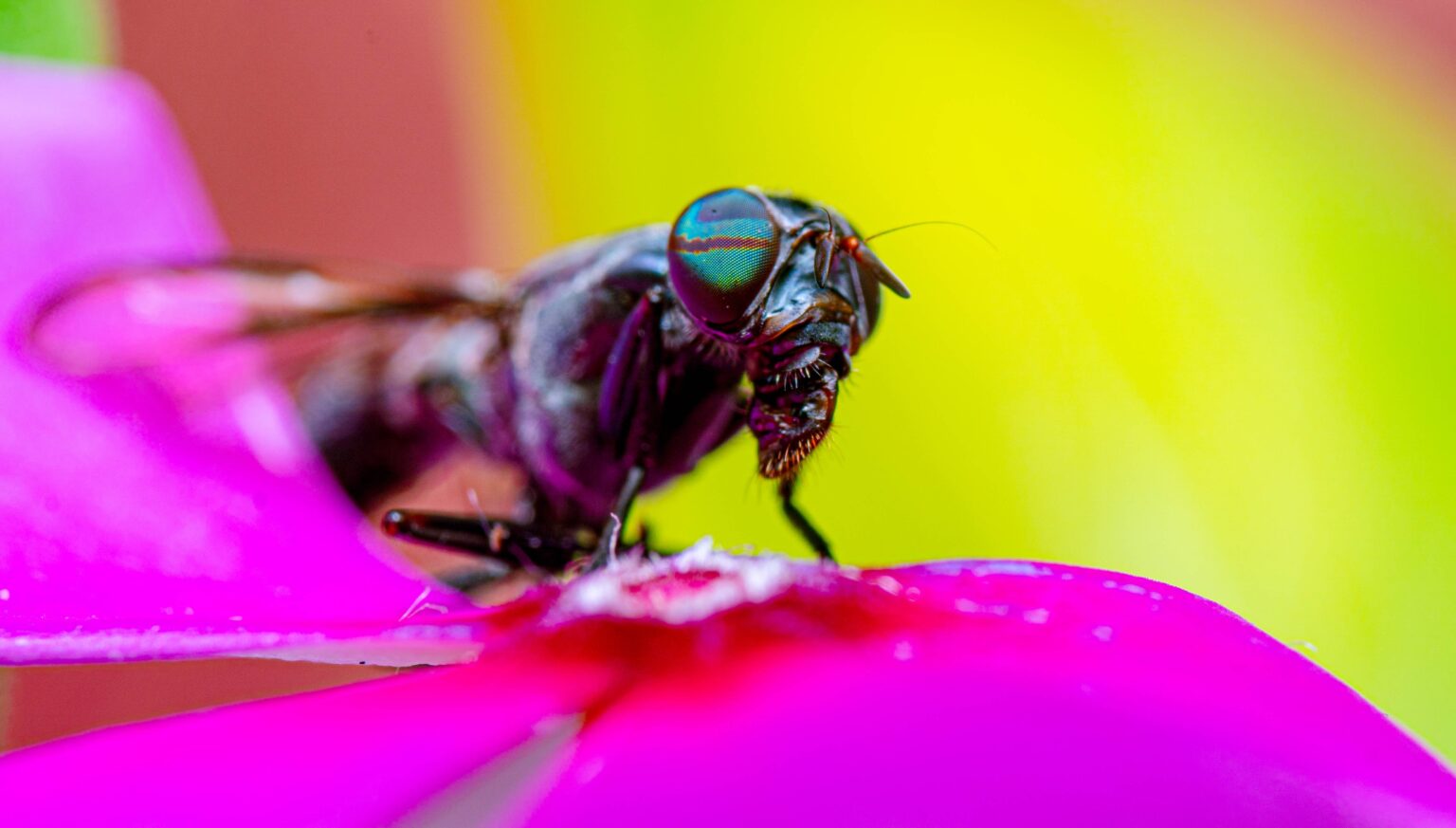horsefly bite If you’re someone who enjoys spending time outdoors, then you’ve probably had the unfortunate experience of being bitten by a horsefly. And if you have, then you know just how painful and annoying they can be. But what you may not know is that horsefly bites can actually be quite dangerous. In this blog post, we will explore the worst thing a horsefly bite can do to your body, so that you can be more informed the next time you’re out enjoying the great outdoors.
The Worst Thing A Horsefly Bite Can Do To Your Body
If you’re unlucky enough to get bitten by a horsefly, the worst thing that can happen is an allergic reaction. This can cause a large, painful welt to form at the site of the bite. In severe cases, the swelling can spread to your lymph nodes and cause difficulty breathing. If you have a history of allergies, or if you are particularly sensitive to horsefly bites, it’s important to seek medical attention immediately after being bitten.
The Different Types of Horsefly Bites
Horsefly bites are more than just an inconvenience. They can cause serious health problems for both humans and animals. There are three different types of horsefly bites:
1. The first type is the most common and is characterized by a small, red bump that is itchy and may be painful. This type of bite usually heals on its own within a few days.
2. The second type is less common but more serious. It is characterized by a large, red, swollen area that is extremely painful. This type of bite can lead to infection and may require medical attention.
3. The third type of horsefly bite is the most serious and can be life-threatening. It is characterized by a large, red, swollen area that is extremely painful and also has pus or fluid coming from it. This type of bite requires immediate medical attention and can lead to death if not treated quickly.
horsefly bite Symptoms
A horsefly bite can cause a number of different symptoms, depending on the individual and the severity of the bite. The most common symptom is pain at the site of the bite, which can be intense and long-lasting. Other symptoms may include swelling, redness, and itching. In some cases, a horsefly bite can also lead to secondary infections. If you believe you have been bitten by a horsefly, it is important to seek medical attention as soon as possible. Horseflies are large flies that usually bite cows and horses but can also bite humans. They have a very painful bite, as their mouthpieces cut into the skin.
Treatments
There are a few things you can do to relieve the pain and itch of a horsefly bite. Applying a cold compress to the bite can help reduce swelling and pain. You can also try applying calamine lotion or hydrocortisone cream to the bite to help relieve itching. If the bite is causing a severe allergic reaction, you may need to seek medical attention. Their bites leave a small puncture wound, and can result in anything from slight swelling to a swollen bump the size of a golf ball. A horsefly bite can be very painful, with the skin often turning red, itchy and raised. Depending on the bite, you may also experience. Horsefly Bite Treatment · Clean the bite site with soap and water. · Do a cold press by placing an ice pack on the affected area for 10 minutes
How to Prevent horsefly bite
Horseflies are one of the most pesky insects around, and their bites can be incredibly painful. If you’re spending time outdoors this summer, it’s important to know how to prevent horsefly bites. Here are a few tips:
-Wear light-colored clothing. Horseflies are attracted to dark colors, so wearing lighter shades will help keep them away.
–Apply insect repellent. Repellents containing DEET or picaridin can be effective against horseflies.
-Stay in the shade. If possible, stay in areas that are shady or protected from the sun. Horseflies are less active in cooler temperatures.
-Keep moving. If you do find yourself in an area with horseflies, try to keep moving. They’re more likely to bite if you’re standing still. The short answer is yes! While male horse flies feed on pollen and plant nectars, females aggressively feed on blood. Horse flies most often bite moving

1 Comment
Thank you for your sharing. I am worried that I lack creative ideas. It is your article that makes me full of hope. Thank you. But, I have a question, can you help me? https://www.binance.com/ru-UA/join?ref=S5H7X3LP